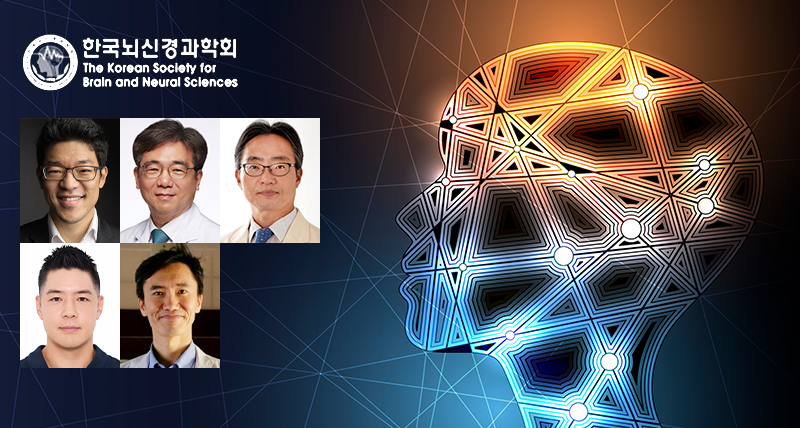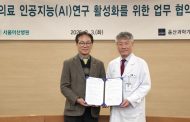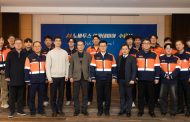In a pioneering study, researchers have demonstrated that targeted light stimulation of the brain can significantly diminish alcohol cravings, offering a non-drug alternative for addiction treatment. This innovative approach harnesses neurostimulation techniques, combining light therapy and nerve stimulation, to modulate brain activity associated with dependency.
The research was conducted by a multidisciplinary team led by Professor Dongil Chung of the Department of Biomedical Engineering at UNIST, in collaboration with clinicians from Yonsei University Severance Hospital, Sungkyunkwan University Samsung Seoul Hospital, and Seoul National University (SNU). The clinical trial employed transcranial photobiomodulation (tPBM), a non-invasive method that delivers light to the brain, and examined its effects on alcohol craving and dependence.
The study involved three participant groups: one receiving only transcranial light stimulation, a second receiving vagus nerve stimulation (taVNS), and a third receiving a combination of both therapies. Treatments utilized the innovative iSyncWave device developed by iMedisyn. Participants self-administered 15-minute sessions at home, five days a week, over a five-week period.
Results were compelling. While the group receiving only vagus nerve stimulation showed no significant change, both the light stimulation group and the combined therapy group experienced a marked reduction in alcohol craving. Moreover, participants in these groups also exhibited measurable decreases in levels of alcohol dependence.
This study represents a significant advancement beyond traditional drug-based and counseling-centered treatments for addiction. Professor Chung remarked, “We have for the first time demonstrated that transcranial light stimulation can simultaneously reduce craving and dependence. This opens up new possibilities for brain-based interventions, especially for patients who face challenges with medication or seek preventive approaches to alcohol misuse.”
The findings were presented at the recent International Conference on Neuropsychology and Brain Science held in Songdo, Incheon, from August 24 to 27, 2025. The research team also announced plans to develop personalized digital therapeutics that combine multiple stimulation techniques, aiming to optimize treatment for individual needs and expand accessible addiction management solutions.
This groundbreaking research was supported by the Ministry of Science and ICT (MSIT) and the National Research Foundation of Korea (NRF)’s STEAM project, highlighting Korea’s leadership in innovative neurotherapeutic technologies.







![[2026 Matriculation] UNIST Welcomes Class of 2030!](https://news.unist.ac.kr/wp-content/uploads/2026/02/사진-박종래-UNIST-총장이-2026년-입학식사를-전하고-있다-2-190x122.jpg)
![[2026 UNIST Commencement] UNIST Confers Degrees to 883 Graduates](https://news.unist.ac.kr/wp-content/uploads/2026/02/사진-2026학년도-UNIST-졸업생들이-학사모를-위로-던지며-졸업을-축하하고-있다-1-800x413-190x122.jpg)



